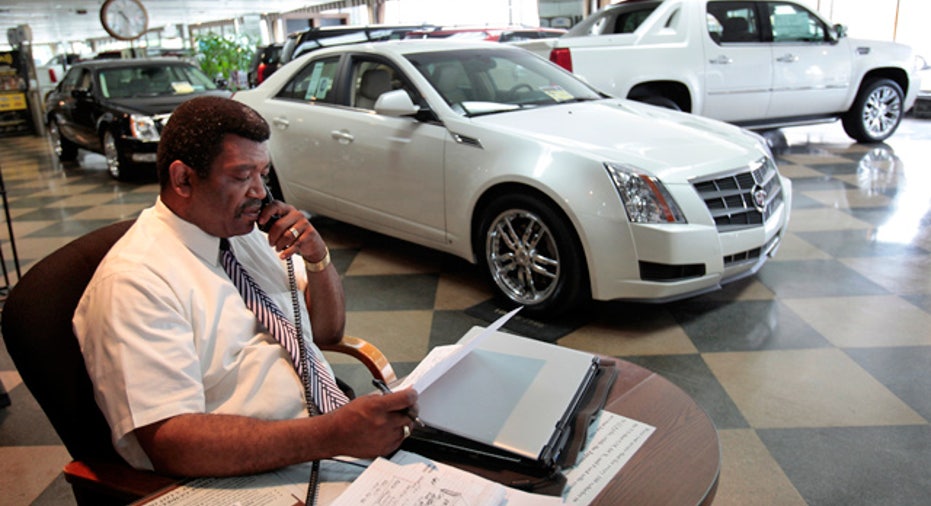Don't Pay Unnecessary Dealer Fees

Once you negotiate the price of your new car, you may be surprised when you're presented with a final sales number that is hundreds, perhaps even thousands, higher than you originally negotiated. The bulk of these additional charges are required by law -- such as taxes, title and registration fees. But some fees are totally up to the individual dealer.
Here are five dealer fees to watch for as you buy a new car.
Vehicle or dealer preparation fees are extra charges that the dealer adds to get the car ready for delivery. These include washing the car, removing the "bump protectors" from the doors or disposing of the protective coverings for the seats or floor. It's true, the dealership personnel need to spend time taking care of these details so you can drive the car home. However, employees in every retail setting, such as your local department store, also need to unpack the merchandise and prepare it for sale. Yet, you don't pay any additional fees for the shirt or shoes you buy. Why should you for a car? Unless the dealer has done something above and beyond basic preparation, refuse to pay these dealer fees.
Documentation fees, which cover the costs of processing all the paperwork associated with a new car purchase, are something new car buyers need to pay. But look at this line item carefully and consider negotiating these dealer fees if it is significant. Some states charge a flat fee for this item that is typically well under $100. Other states have no specific requirements, so a dealer can charge whatever it wants. To learn the process in your state, visit your state's Department of Motor Vehicles website. A complete list of DMV sites by state can be found at Dmvlist.com.Dealer-installed accessories and extended warranties are extra items that you should pay for at the time of your sale, but only if you requested them and if you've determined that you are being charged a fair price for the item or service. These items might include a stolen vehicle recovery system like LoJack, paint sealant, an extended warranty, or aftermarket wheels or sound system. If a dealer tries to charge you for any of these items and you did not request them, refuse to pay the associated dealer fee. If you did request them, shop around to ensure that you are getting a fair price because you can obtain any of these items elsewhere after you own the car.Floor plan fees are the charges the dealer incurs to keep the car in his or her inventory. Similar fees are incurred in many retail stores, when the manufacturer ships that store inventory to stock its shelves. Just like with vehicle prep fees, you don't pay extra when you buy a shirt from a retail store just because they had the color you wanted on the shelf. There's no reason you should pay this dealer fee on your new car purchase.
Administrative fees can sometimes be a generic line item that allows the dealer to make a few extra dollars. Other times it can be a legitimate cost from the manufacturer. Ask to see the factory invoice for the car you are buying. Make sure the VIN, or vehicle identification number, on the invoice matches the VIN on your sale paperwork and see if it's listed there as a line item. If yes, then it's a fee the manufacturer is charging the dealer and a legitimate cost.
Ask the adviser
If you have a car question, e-mail it to us at Driving for Dollars. Read more Driving for Dollars columns and Bankrate auto stories.Bankrate's content, including the guidance of its advice-and-expert columns and this Web site, is intended only to assist you with financial decisions. The content is broad in scope and does not consider your personal financial situation. Bankrate recommends that you seek the advice of advisers who are fully aware of your individual circumstances before making any final decisions or implementing any financial strategy. Please remember that your use of this Web site is governed by Bankrate's Terms of Use.



















